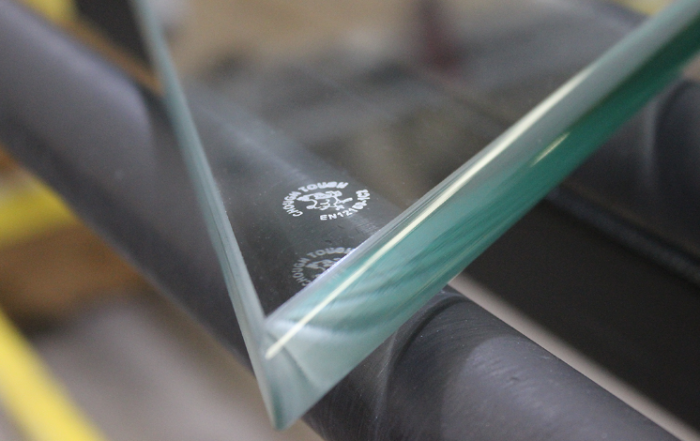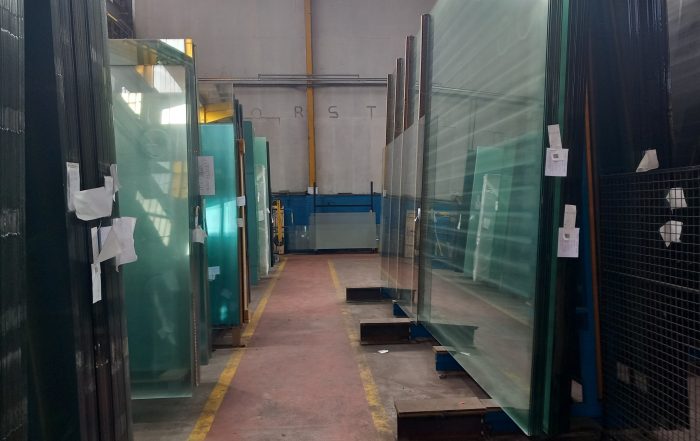Acoustic Glass
Acoustic Glass can be used as an insulating material against the transmission of sound.
External
Sound control or acoustic glass, minimises sound pollution by combining various thicknesses of glass with a PVB (laminate) interlayer. Effective for use in areas affected by high noise levels, such as road and air traffic, trains, factory, transport deliveries and nightclub noise.
Internal
Use as an alternative for room partitioning to reduce interference from busy office noise, television, music, voices and general workplace/domestic noise.
Acoustic glass can be used alongside many other products such as thermal insulation, solar control, low maintenance and decorative glass to create multi-functional glazing solution.
Rw is the weighted sound reduction index, in decibels dB, which is used to measure the level of sound insulating abilities of walls, floors and windows. The higher the Rw number the better the sound insulator will be.
Typical noise sources for each spectrum adaptation terms are given below:
Relevant spectrum adaptation term C – Living activities (talking, music, radio, TV), Children playing, Railway traffic at medium and high speed, Jet aircraft, short distance away, Motorway traffic >50 mph, Factories emitting mainly medium and high frequency noise.
Relevant spectrum adaptation term Ctr – Urban road traffic, Railway traffic at low speeds, Aircraft, propeller driven, Jet aircraft, long distance away, Loud base heavy music, Factories emitting mainly low and medium frequency noise.
01752 756580 Plymouth@cornwallglassmanufacturing.co.uk
3 Beechwood Way, Langage, Plymouth, PL7 5HH
01726 66325 StAustell@cornwallglassmanufacturing.co.uk
Stennack Road, Holmbush Industrial Estate, St Austell, Cornwall, PL25 3JQ
01278 781500 Highbridge@cornwallglassmanufacturing.co.uk
Walrow Industrial Estate, Brue Way, Highbridge, TA9 4AW




